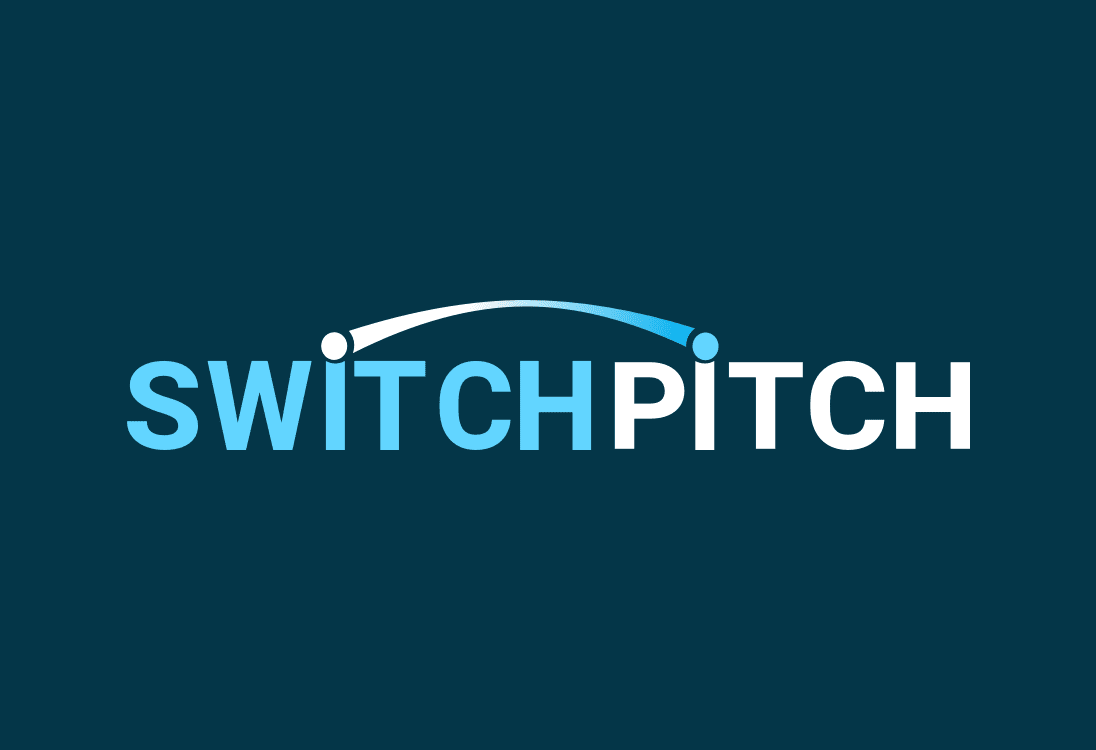
Technology and big pharmaceutical companies generally go hand in hand, maintaining an almost symbiotic relationship as each continues to play a large role in the other’s success. The past decade has highlighted the necessity of change and rapidly adapting to new situations. With startups constantly innovating to create plausible solutions that streamline processes, pharmaceutical companies are generally willing to partner with or acquire these technologies. Two new developments have emerged within the industry: artificial intelligence and wearable technologies.
As innovation continues and AI starts seeing more practical use, its potential application within big pharma becomes increasingly apparent. We have seen many big pharma companies create almost “innovation labs”, where they partner and collaborate with countless startups to try and accelerate their own technology and create better products.

AI Innovation in Drug Discovery
One area where innovation has largely impacted big pharma is drug discovery. By utilizing AI in drug discovery processes, companies can test and trial new drugs faster than ever before while also reducing research and development costs. According to McKinsey, around half of all global healthcare companies will implement some sort of AI strategy by 2025. Furthermore, they estimate that AI and machine learning could generate $100 billion across the entire US healthcare system. It is fair to say AI’s influence on big pharma is only going to increase. Currently, according to SwitchPitch client Boston Consulting Group, independent biotech companies that are using an AI-centered model in their drug development processes already have more than “150-small molecule drugs in discovery and more than 15 already in clinical trials”. With this being said, it makes sense that the largest pharma companies are looking to expand their scope and get increasingly involved in AI.
Often, these large pharma companies increase their own innovation by collaborating with startups and smaller tech companies. One example of this being Pfizer and their “AI Lab”. Pfizer leverages SwitchPitch’s startup relationship management platform to facilitate startup partnerships. In December 2020, Pfizer partnered with AI/ML drug discovery startup “PostEra” in a deal worth over $250 million. Their partnership focused on innovation around machine learning rather than exclusively drug discovery, which has ultimately led to the creation of this “AI Lab” . Additionally, pharmaceutical giant GSK recently partnered with biotech startup PathAI in an effort to enhance AI/ML use in their drug discovery processes.
Wearable Tech
Wearable Technology has simplified the health care world for the average individual. With numerous uses including simplifying daily activities, monitoring and recording physical activity, detecting early-stage diseases, and allowing healthcare providers to monitor patients it is no surprise that this is a rapidly expanding industry. Global Smart Wearable Healthcare Devices are valued at USD 13.8 Billion in 2020 with a projected growth of up to USD 37.4 Billion by 2028, and growing at a CAGR of 13.1% from 2021 to 2028. Big pharma is leveraging the convenient integration of wearables and values their future in clinical trials, and is heavily funding the industry given their presumed high ROI.
The development and widespread popularity of devices such as the Fitbit and apple watch have enabled the normalization of other wearable technology such as the Apollo Wearable which “rebalances and strengthens your nervous system”, Move ECG which measures electrocardiograms and sends the results to the patient’s doctor, and even wearable oscillometric blood pressure monitors such as the HeartGuide. This has allowed patients to monitor their health further while receiving gratification from companies about specific health behaviors that are deemed favorable and alerting their doctors to specific possibly unsafe activity trends.
As the wearable technology industry continues to grow there are two companies you should keep an eye out for — Cala Health and Vital Connect. Cala Health’s “Cala Trio™ therapy, is the only non-invasive prescription therapy for essential tremors. New therapies are under development in Parkinson’s disease and other indications in neurology, as well as targets in psychiatry, cardiology, and autoimmune disorders. Meanwhile, Vital Connect HealthPatch is designed for use in many inpatient and outpatient settings, such as hospital monitoring, post-discharge care, cardiac monitoring, and pharmaceutical solutions. It is important to track new developments in order to stay competitive within our economy.
How SwitchPitch Can Help
At SwitchPitch we help facilitate these sorts of partnerships. On our platform, you can search and discover new startups, as well as manage all of your startup relationships.


